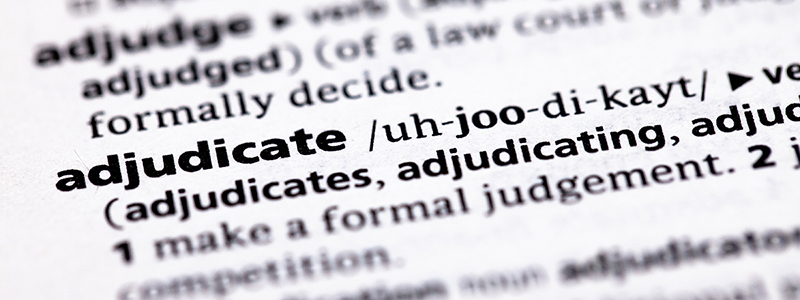19-08-2025
In this month’s blog, we take you through what is needed to prepare for adjudication, as you only get one shot. It is a case of do not try this at home and do not prejudice your position by not preparing properly, something we see often where client’s go to the wrong people for help or try to do it themselves. Don’t go to adjudication without proper preparation!
Part 1 – Get the Right Help and Make a Battle Plan
A dispute referred to Adjudication can only be done once, if you fail you will not be able to do it again so it is critical to ensure the claim is done right first time.
To reduce the risk of failure it is recommended that you:
- Use a Chartered Quantity Surveyor (CQS) expert claims consultant advocate that understands adjudication law (Arbicon).
- Ensure the CQS has expertise in working a construction contract, measurement, cost valuation and time claims and extensive site experience constructing a building as well as being experienced and qualified in adjudication (Arbicon).
- Evaluate an overview of the facts, values, risks and case position using Arbicon.
- As necessary then prepare a narrative and assemble evidence to put the best case forward.
Part 2 – Prepare the Detailed Claim Position for the Adjudication
After the initial overview, the objective is for the Expert CQS Advocate to prepare an effective cogent detailed claim position by preparing a claim document that might comprise a simple letter or a fully prepared substantiated narrative. The document will in effect become the basis for the adjudication Referral Notice.
Preparation will include:
- Identifying what the contract is and the contract terms.
- Identifying what is in dispute - Admissions and denials. Liability and Quantum.
- Compilation of a Scott Schedule showing the current dispute and all the issues.
- Compilation of an unambiguous narrative and appendices so a child can follow it.
- Delivery of the burden of proof and evidential weight of facts. “He who asserts must prove”.
- A focus on contemporaneous evidence and substantiation of arguments asserted.
- Identifying the facts in issue, relevant facts and collateral facts and admissibility. E.g.:
- Relevant documents
- Payment evidence (applications, notices/certificates, sums paid)
- Correspondence, minutes, communication exchanges.
- Contract certificates issued, e.g. completion/non-completion, MGD, Final, etc.
- EOT – Notices, delay analysis, CA assessments (If time is in issue as well as money).
- Liquidated Damages entitlement
- Loss and Expense entitlement
- Witness statements
- Expert Reports
- Arguments that justify the Balance of Probabilities standard has been met.
Part 3 – Rehearse the Detailed Claim Position to the Other Party
The third objective is to deliver the prepared claim document to the other party. Although Section 108 of the Construction Act says a “dispute” can be adjudicated at “any time”, it is trite that the dispute must exist first or has crystallised. The rule is in Fastrack v Morrison (2000):
“A dispute can only arise once the subject matter of the claim, issue or other matter has been brought to the attention of the opposing party and that party has had an opportunity of considering and admitting, modifying or rejecting the claim or assertion”
It is essential that this rehearsal process to crystallise the dispute takes place with the other party to avoid jurisdictional arguments. The rehearsed detailed claim makes it clear to the other party what the claim is about and there can be no argument that they do not know what it is all about. It provides an opportunity too if there is a response to assess the other party’s position and strategy, narrow the issues and possibly lead to a deal particularly if the evidence is against them.
The process of rehearsing the claim will include:
- Service of the claim document in accordance with the contract notice provisions and is effectively delivered.
- Give a reasonable time for the other party to
- Consider the claim document
- Accept or deny all or part of the clearly set out issues
- If the submission is ignored completely, a reasonable time will expire perhaps as reflected in the contract (e.g. as per a payment mechanism) or it will depend on the scale of the submission.
- If the other party responds dealing with the issues admitting or denying them the dispute is crystalised.
- When the time is up or there is a crystallisation of the dispute, you may adjudicate.
Part 4 – Appoint an Adjudicator
Arbicon will serve the Notice of Adjudication and:
- Ask that a CQS expert claims consultant adjudicator be appointed through a recommended appropriate nominating body such as the RICS or as the contract terms dictate.
- Arbicon will strive to secure an adjudicator appointment of a CQS with expertise in working a construction contract, measurement, cost valuation and time claims, who has extensive site experience constructing a building as well as being experienced and qualified in adjudication.


